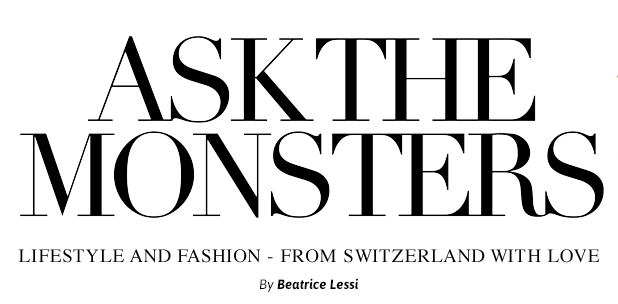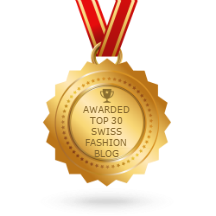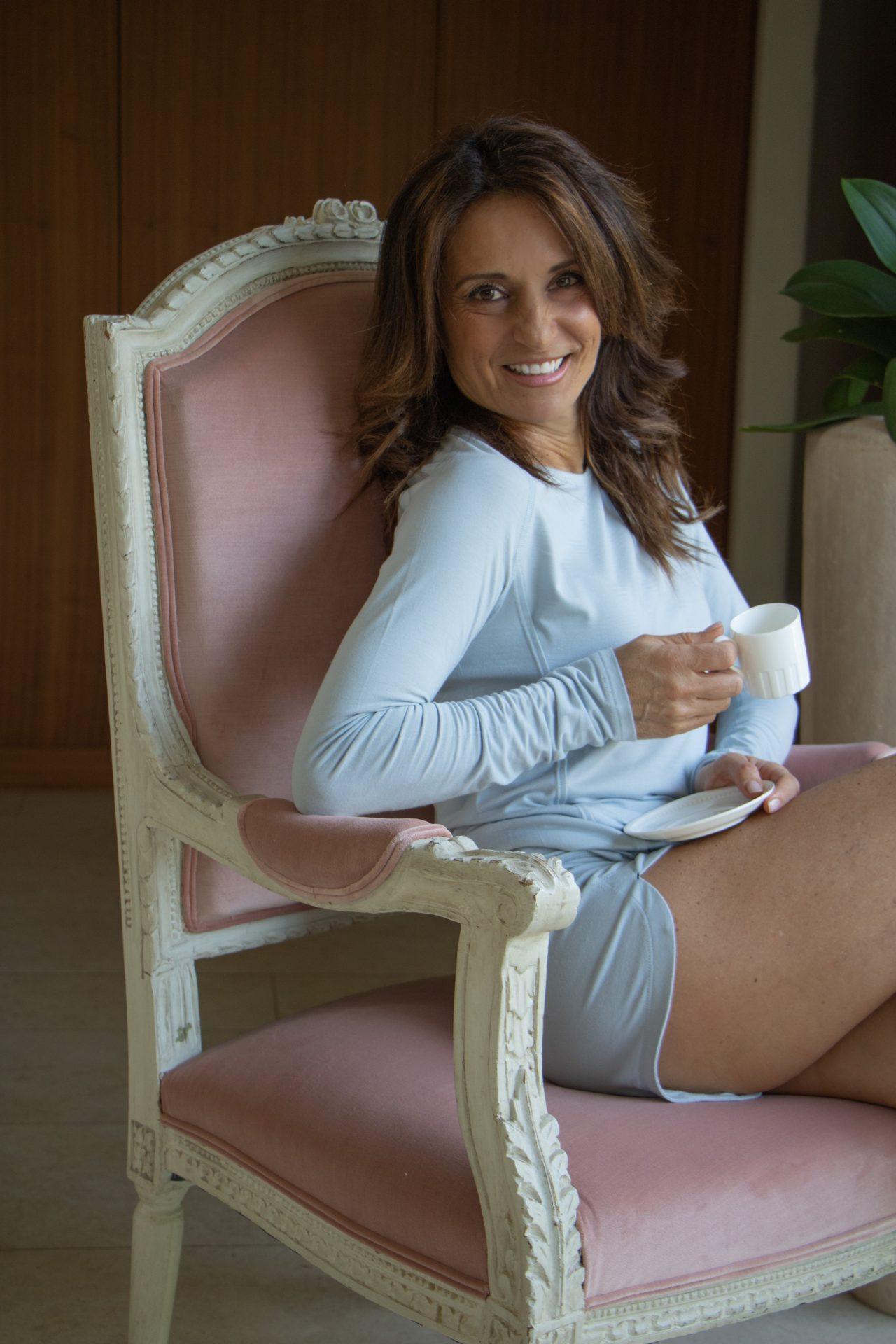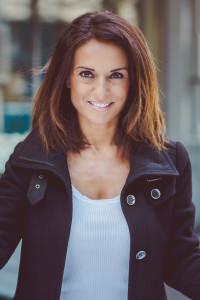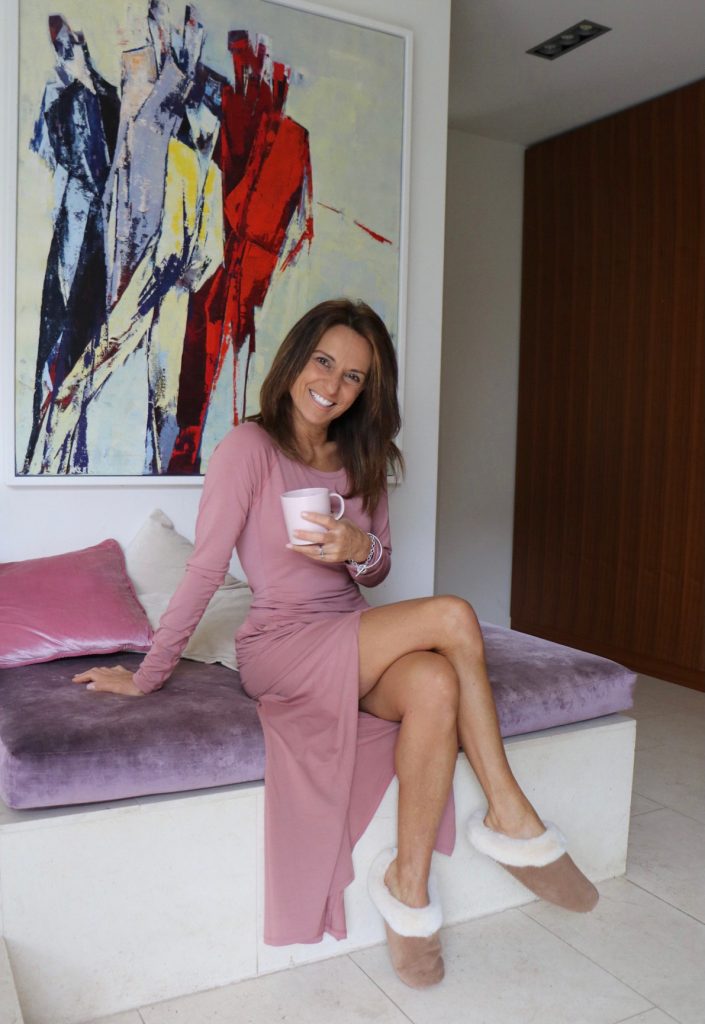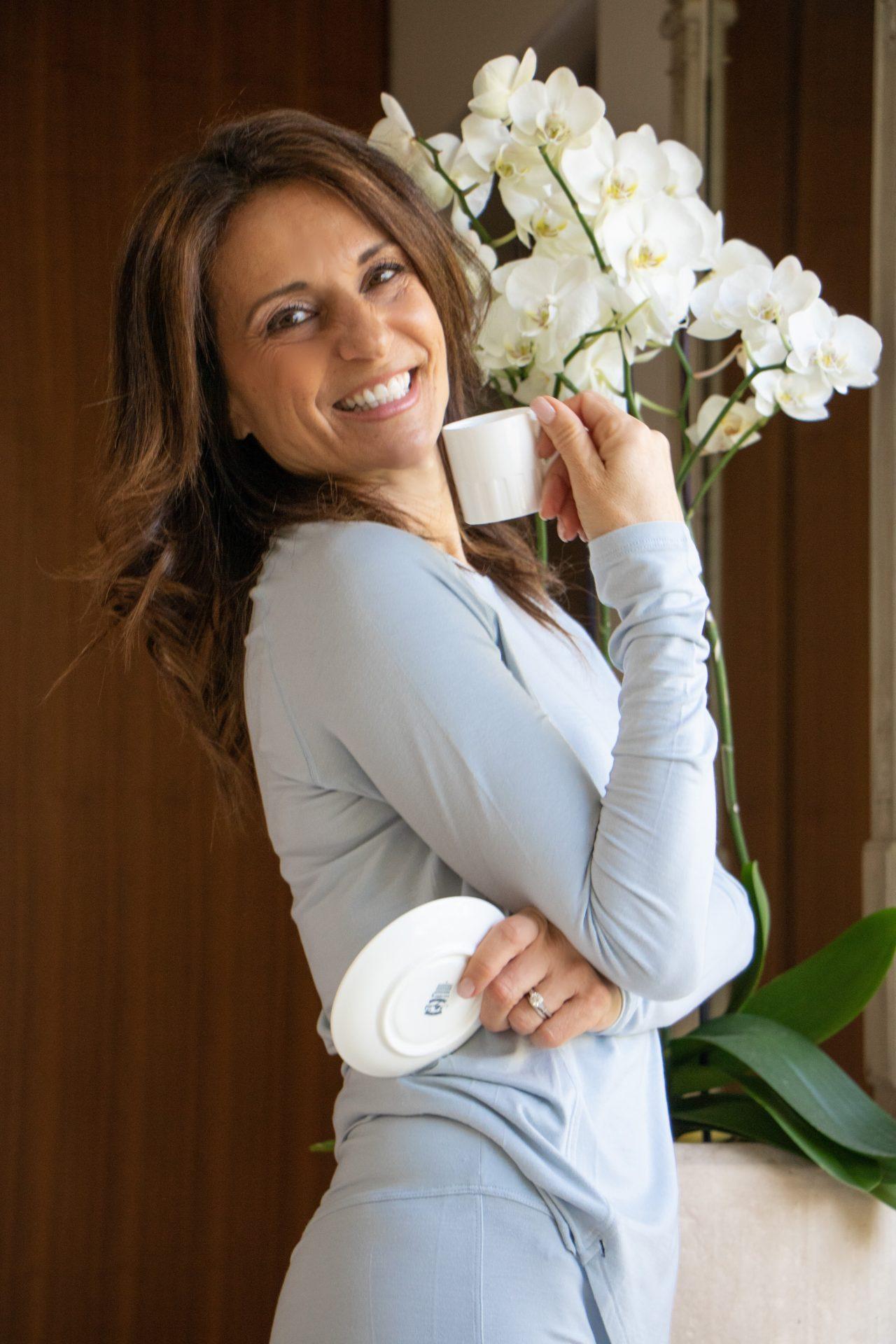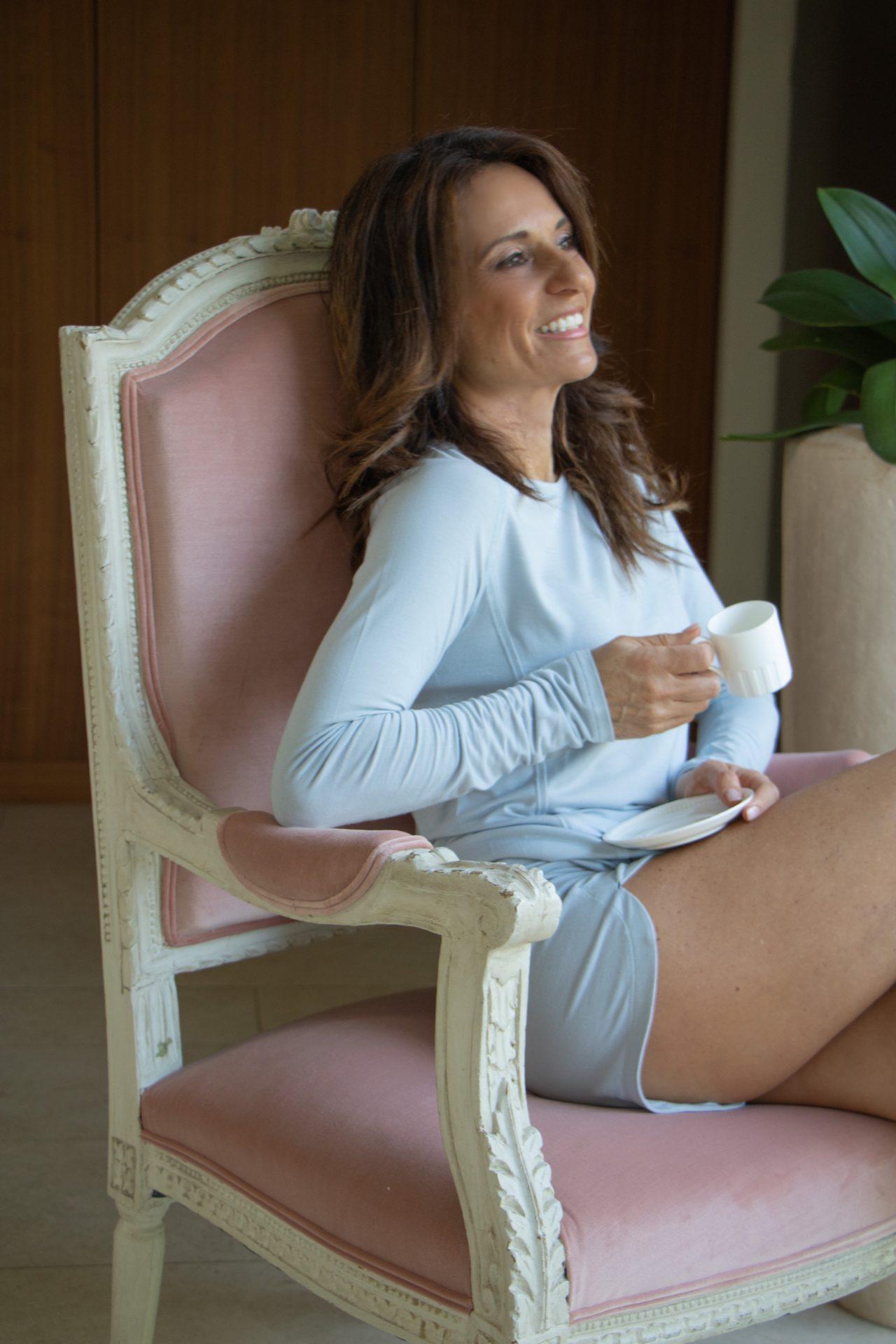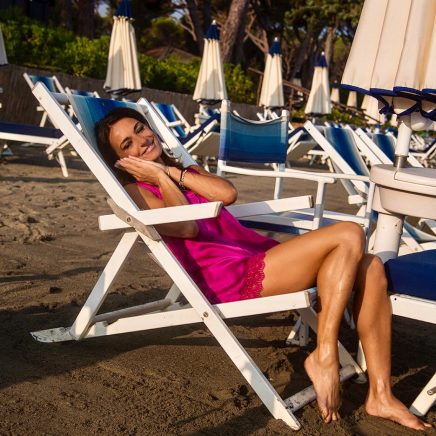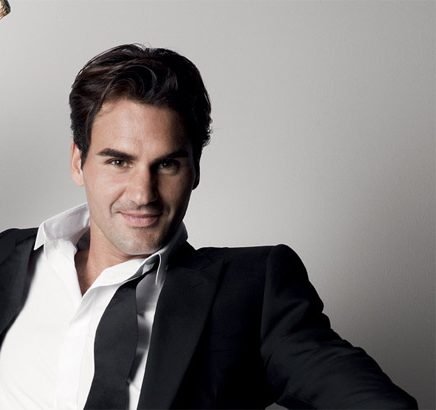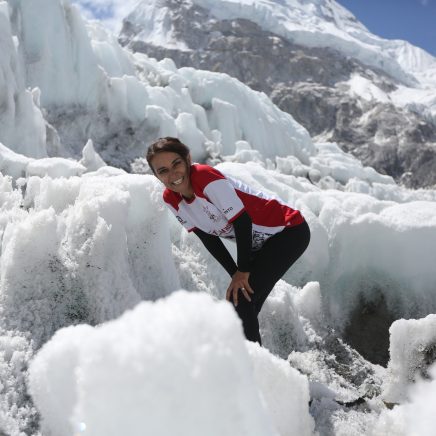The Science of Better Sleep
Get Your Best Body According to Science
Spring is here. Days are longer and temperatures milder, what better moment to improve your fitness, detox, or do more outdoor activities? It turns out that all of this is almost useless, if you don’t sleep enough. Neuroscience professor Matthew Walker, whose Why We Sleep book is a New York Times Bestseller and recommended by Bill Gates, proves it in 20 years of studies . Until very recently, science had no answer to the question of why we sleep, or what good it served, or why we suffer such devastating health consequences when it is absent. Compared to the other basic drives in life—eating, drinking, and reproducing—the purpose of sleep remained more elusive.
Why We Sleep And Dream
Sleep has many functions, including the ability to regulate your appetite, restock your immune system, make rational decisions, learn, perform, and heal. Dreams, like a balsam to your brain, recalibrate and hone your emotions and allow creativity.
Professor Walker explains that we can harness sleep to improve learning, mood, energy levels, and hormones regulation. Also, we can prevent cancer, Alzheimer’s and diabetes, slow the effects of ageing, and increase longevity.
Seven To Nine Hours
If you sleep four or five hours per night, you are sleep deprived. Seven to nine hours are what a human needs, depending on his characteristics.
If you are sleep deprived and start a diet, your lack of sleep will affect the hormones that signal the brain both the feeling of hunger and of being full. In other words, you’ll be much more hungry for no reason, your brain won’t get the “full” signal, and your diet won’t be successful.
Your physical performance will also be badly affected, and that’s why professional athletes often nap between a morning training and an afternoon session.
If you have a flu vaccination done but you don’t sleep enough, there is a 50% more probability that the vaccination won’t work.
What is the bottom line of all this? Sleep is the most underrated and most powerful medicine and beauty treatment of them all. Even if you do Botox, in the best case, people will tell you that you look “rested”. Think about the power of sleep again.
Three Tips To Sleep Better
I have always been a good sleeper, and had my best sport results when I managed to sleep ver regularly before the race. Here are three tips to sleep better that work for me, and that are also mentioned by Professor Walker.
- Be very regular. Going to bed and waking up at the same time really helps to get a full, deep sleep. During holidays or weekends, don’t try to recuperate or overdo anything. Instead, try to be as close as possible to your regular times.
- Spot Caffeine. Caffeine can be where you didn’t know. For example, in the energy drinks you drink when training. Or in soft drinks. Or in decaffeinated coffee (different types of decaf have a caffeine quantity that ranges from 5% to 20%). Or in cereals. Or in chocolate. Or in Matcha. So make sure you read all ingredients of what you’re buying, especially if you have sleep problems.
- Use light: Going out in the morning and exposing your retina to natural light is a mood booster and signals the brain that it’s time to be awake, so it helps the right production and release of melatonin. Don’t wear sunglasses unless it’s necessary. You can wear them in the late afternoon, and avoid strong light when it’s time for bed (avoid screens or telephones too, that disturb this healthy cycle of light and darkness).
In these photos I am wearing Dagsmejan functional sleepwear, an exceptional range of pyjamas using the latest fabric technology for temperature regulation, extreme softness and, in case you are interested in infrared energy to recover after sport or after a hard day, also for a recovery line.
